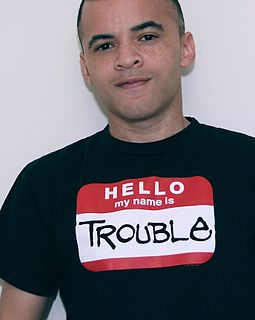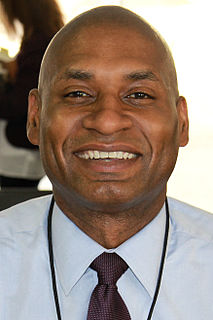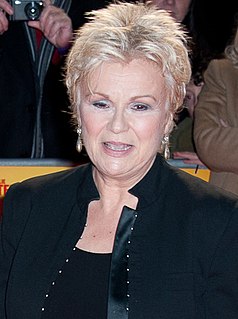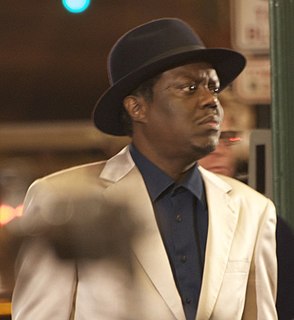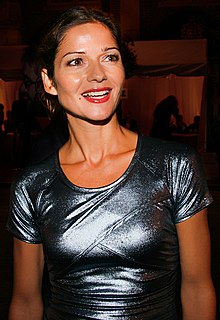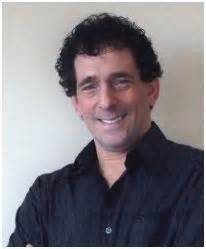A Quote by Porochista Khakpour
Maybe in writing about and through trauma it was therapeutic in a way, but it didn't feel like it at the time. I was in a very dark place, in lots of foreign cities, far from New York. A lot of personal trials and tribulations took over my life in those years. It might be some time before I see what therapeutic function this book did serve. But for now, it's not even easy to read from it.
Quote Topics
Related Quotes
Even in New York City, we've seen some major improvements from the way the system was 20 years ago. There's still a lot to do - we know that training workers and parents, reducing caseload size, developing therapeutic foster care, strengthening kinship care, and putting more emphasis into preventive care are all solutions. Unfortunately, if a child is in a situation where removal from the home becomes neccessary, there's already been trauma. Putting a traumatized child into a "system," not a home, with strangers is creating a perfect storm for further trauma.
In writing the book I wanted to make it very clear that I feel prostitution should be decriminalized. But some people might have breezed by those aspects that others took the time to notice. In All I Could Bare, I hope I relate in a conversational way how stripping is a lot like other types of work.
For me, a lot of Discipline was very personal writing, like writing through and working out being inside this gendered body and also the compulsions of the body, the muting of the mind as driven by the body. My father had died some years ago so he haunts the book too, just floats through it ghost-like. But, the writing of every book is different for me. They are so like living creatures, these books, so I don't know what's carried over into the writing of the next things - except maybe that I'm best when I make my writing practice a routine.
Now the truth is, writing is a great way to deal with a lot of difficult emotional issues. It can be very therapeutic, but that's best done in your journal, or on your blog if you're an exhibitionist. Trying to put a bunch of *specific* stuff from your personal life into your story usually just isn't appropriate unless you're writing a memoir or a personal essay or something of the sort.
I basically have needed to go to the piano and give voice periodically to, you know - I'm always afraid to describe it as a kind of therapeutic process, but nevertheless it was a type of unloading that had to occur due to my personal life with my mother's health or just my professional trials and tribulations.
What I think is important about essayists, about the essay as opposed to a lot of personal writing is that the material has to be presented in a processed way. I'm just not interested in writing, "Hey, this is what happened to me today." You get to a place that has very little to do with your personal experience and talks about some larger idea or something in the culture. I don't think you can get to that unless you have had a lot of time to gestate and maybe if I was taking a lot of notes while stuff was going on, I wouldn't be able to get to that place as easily.
I had an insanely long commute - New York to D.C. - when I worked at 'National Geographic.' I hate to waste time, so I spent my time by writing about my life on the premise that I might be able to pitch those as short essays to magazines. It wasn't until later that I realized that I was writing a book.
I hope that if the people who read my work encounter people in the real world who are like the characters that I write about, that maybe that might make them feel empathy for those people. I know it sounds idealistic in a way, but I do hope that my work maybe changes some minds, and that my work makes readers see people as human that maybe before they read my work they might not have seen as humans, and those people include me and my family and my kids, people in my community.
Milton Erickson was a master at using experiential techniques to elicit strengths that were previously dormant. Mills and Crowley have masterfully captured essential elements of Erickson's work and applied it to therapy with children. Easy to read, meticulously referenced, and filled with inspiring case studies, Therapeutic Metaphors for Children and the Child Within has now been updated with important new findings, and it's essential reading for clinicians who work with children as well as for those who want to improve their use of therapeutic metaphor.



